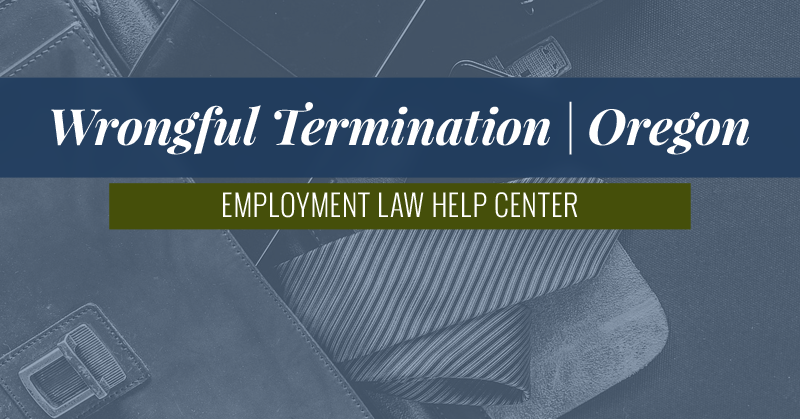Rising from the Ashes: A Guide to Overcoming Unjustified Dismissal
Facing an unjustified dismissal can be emotionally draining and overwhelming. Whether you are caught off guard or suspect something may be amiss, the uncertainty and stress that come with losing your job unfairly can be all-consuming. It's important to acknowledge your feelings of anger, disbelief, and confusion in the initial stages, but it's equally vital to channel these emotions into constructive action. Recognize that you are not alone in this experience; many others have navigated similar challenges and emerged stronger on the other side.
Reclaiming your power and advocating for yourself are essential steps in standing up against an unjustified dismissal. By seeking clarity on the circumstances that led to your termination and gathering evidence to support your case, you can build a strong foundation for challenging the decision. Remember that you have rights as an employee, and it's crucial to familiarize yourself with relevant labor laws and regulations that can safeguard your interests. With a proactive approach and the right support system, you can navigate this difficult period with resilience and determination.

Legal Rights
Firstly, it is essential to review your employment contract carefully to understand the terms and conditions set out in it. This will help determine if there has been a breach of contract leading to unjustified dismissal. Seek legal advice promptly to assess the strength of your case and understand the legal options available to you.
Secondly, familiarize yourself with labor laws and regulations in your jurisdiction regarding dismissals. These laws often outline specific rights that protect employees from unjustified dismissals, such as anti-discrimination laws and regulations governing termination procedures. Understanding these laws will empower you to effectively navigate the recourse available to you.
Lastly, document all relevant details and incidents leading up to your dismissal. Keep records of performance reviews, communication with supervisors, and any other relevant evidence that may support your case. This documentation will be invaluable in presenting a compelling argument to support your claim of unjustified dismissal.
Documenting Evidence
When faced with an unjustified dismissal, it is crucial to gather and document all relevant evidence to support your case. This evidence may include performance reviews, emails, messages, and any other communication that can shed light on your work performance and the circumstances surrounding your dismissal. It is important to organize this evidence in a clear and chronological manner to strengthen your position.
Additionally, it is advisable to keep a record of any meetings or conversations related to your dismissal. Take notes during these interactions, noting key points, dates, and individuals involved. These detailed records can serve as valuable evidence in demonstrating inconsistencies or unfair treatment throughout the dismissal process.
Furthermore, if there were any witnesses to events leading up to your dismissal, it is beneficial to gather their statements or testimonies. Witness accounts can provide valuable support for your case and help corroborate your version of events. Remember to confiabogado to ensure they can be reached if needed in the future.
Seeking Remedies
When faced with an unjustified dismissal, it is crucial to gather all relevant documentation to support your case. Keep a record of any emails, documents, or performance reviews that demonstrate your dedication and competency in the workplace. This evidence can be vital in proving that the dismissal was unwarranted.
After collecting the necessary evidence, consider seeking legal advice from an employment lawyer specializing in wrongful dismissal cases. A legal professional can assess the details of your situation, navigate complex employment laws, and advise you on the best course of action to seek redress for the unjust treatment you have experienced.
In addition to legal avenues, exploring alternative dispute resolution mechanisms such as mediation or arbitration can provide a quicker and more cost-effective way to resolve employment disputes. These options may offer a more amicable resolution and help avoid lengthy court battles while still achieving a fair outcome for those who have been unjustly dismissed.